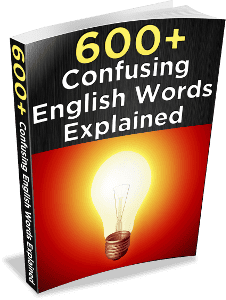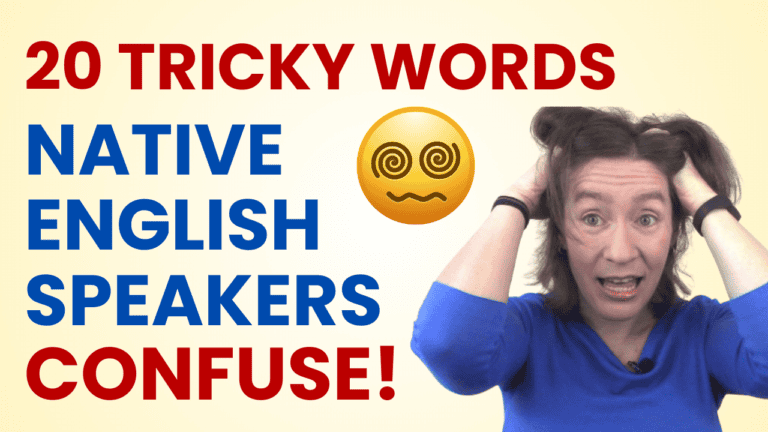Don’t say: “I invited all the class.”
Say: “I invited the entire class.” (more formal)
Or: “I invited the whole class.” (more informal)
EVERY
Use every with singular, countable nouns:
- I exercise every day.
- Every student in the class has a computer.
- Every necklace in this store costs more than $1,000.
ALL
Use all with plural countable nouns OR with uncountable nouns to mean 100% of many things:
- All of this equipment is new.
= many pieces of equipment - All the students in the class have computers.
- All the necklaces in this store are expensive.
WHOLE / ENTIRE
Use whole or entire with uncountable or singular countable nouns to mean 100% of one thing:
- I ate the whole pizza.
= 100% of one pizza. - I finished reading the entire book in three days.
=100% of one book.
ALL vs. WHOLE
Here are more examples that show the difference between all and whole:
- I ate the whole cake.
= 100% of one cake. - I ate all the cakes.
= 100% of many cakes - The whole apple is rotten.
= 100% of one apple. - All the fruit is rotten.
= 100% of many apples, bananas, grapes, etc.










